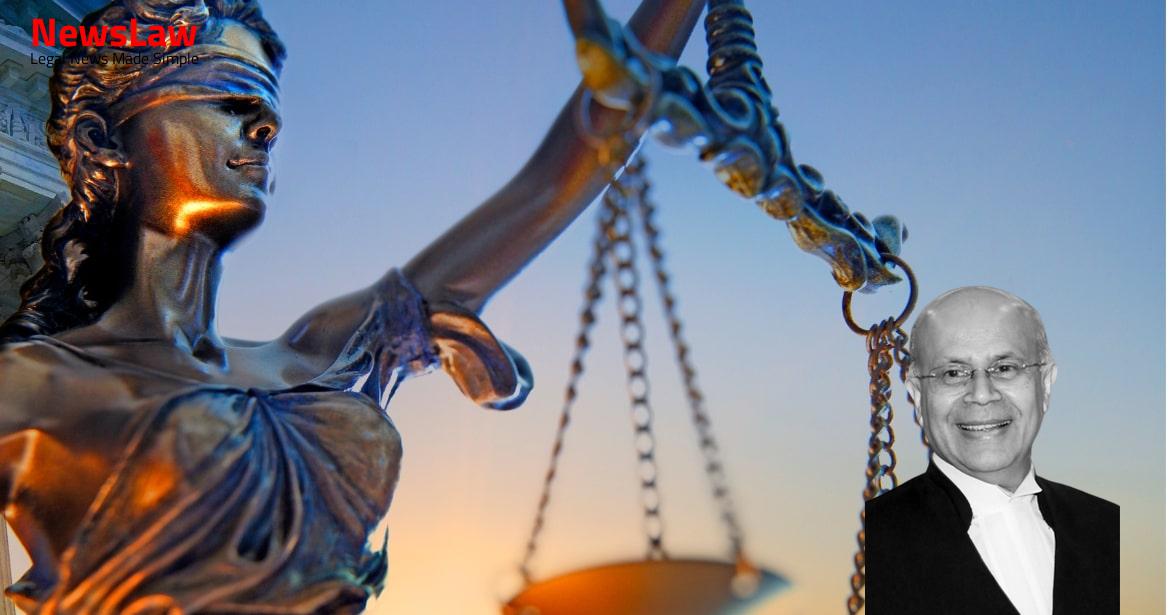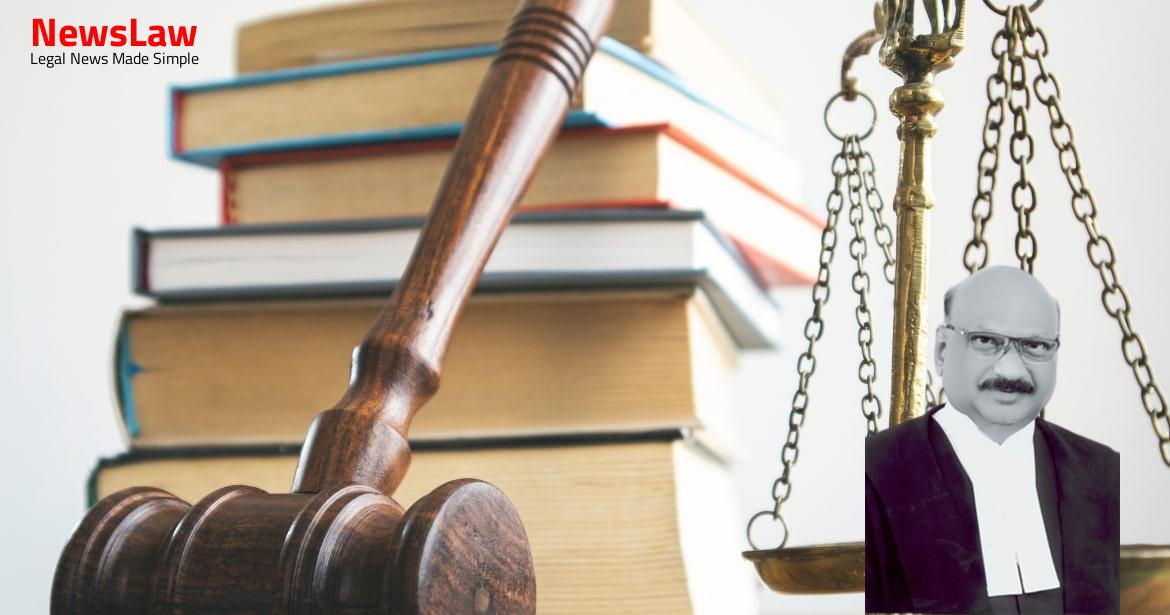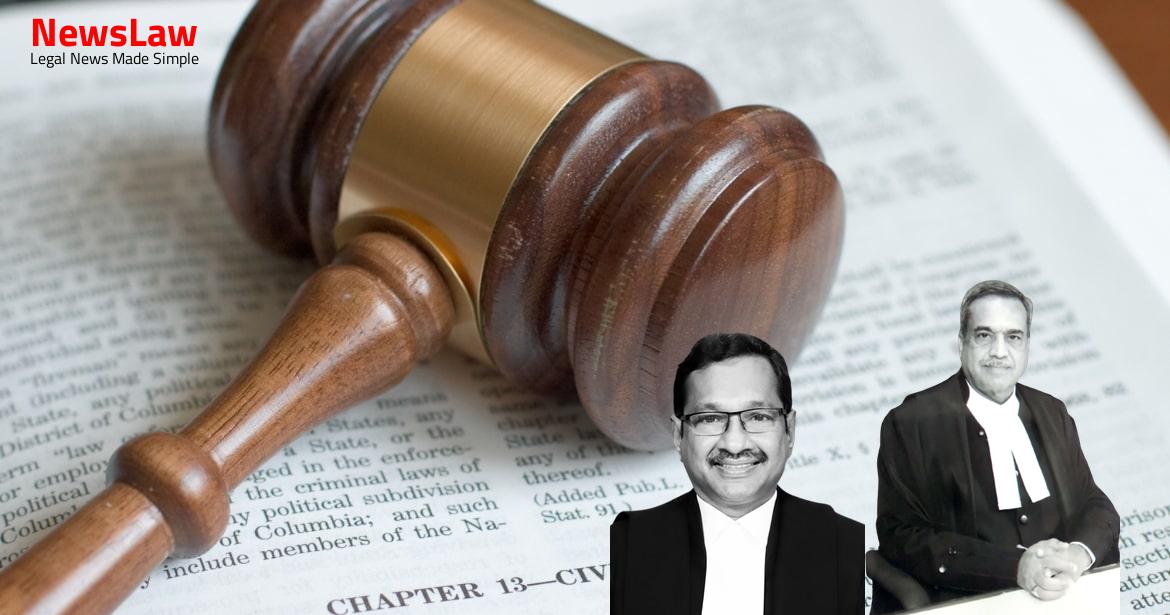In a significant ruling, the Supreme Court has addressed concerns regarding fairness and transparency in the judicial service selection process. The case involved Rekha Sharma and Ratan Lal, who raised issues related to the adherence to rules and guidelines in the declaration of Preliminary Examination results. The judgement upholds the rights of persons with disabilities, emphasizing inclusive practices in the selection of candidates for judicial roles.
Facts
- Both appellants applied for the post of Civil Judge and Judicial Magistrate under the Civil Judge Cadre.
- Ms. Rekha Sharma has 40% permanent disability related to her eyes.
- Ratan Lal has a 55% permanent physical impairment in his right upper limb.
- The High Court had issued an advertisement for 120 posts for which they both applied.
- Common question of law and facts were heard together for both appeals.
- Ratan Lal filed D.B. Civil Writ Petition No. 1436 of 2022 after being aggrieved by the result
- The High Court dismissed the Writ Petition on 02.03.2022
- Ratan Lal was declared ‘not successful’ in the Preliminary Examination
Also Read: Supreme Court Judgment: Bank’s Obligation under MSMED Act vs. SARFAESI Act
Issue
- Summary of the relevant paragraphs of the advertisement dated 22.07.2021
- Issues raised by the learned counsels for the parties
- Description of the rival contentions
Also Read: Commercial Purpose Determination in Car Purchase: Supreme Court Judgement
Arguments
- Learned counsels for both appellants argue that respondents did not declare cut off marks for Persons with benchmark disabilities category.
- This lack of information raised concerns regarding fairness and transparency in the declaration of results.
- Appellants question the adherence to rules and guidelines in the declaration of Preliminary Examination results.
- The respondents have been accused of being discriminatory and violating the Fundamental Rights of the appellants as enshrined in Articles 14, 16, and 21 of the Constitution of India.
- The action taken by the respondents is also deemed violative of the Rajasthan Judicial Service Rules, 2010 in conjunction with the Rajasthan Rights of Persons with Disabilities Rules, 2018.
- The appellants, Rekha Sharma and Ratan Lal, did not qualify for the Main Examination despite obtaining 57 marks in the EWS category (cut off marks: 69) and 59 marks in the OBC-NCL category (cut off marks: 67) respectively.
- The selection process was concluded on 30.08.2022, with appointments of successful candidates already made by the respondents on 09.03.2023.
Also Read: National Investigation Agency vs. Popular Front of India: Supreme Court Judgement
Analysis
- Horizontal reservations cut across vertical reservations
- Interlocking reservations exist
- Reservation for physically handicapped persons is relatable to Article 16(1)
- Cut-off marks should not be fixed for Persons with benchmark disabilities separately
- Reservation percentage for backward class citizens remains unchanged even after horizontal reservations
- Overall Horizontal Reservation and Compartmentalised Horizontal Reservation are two types of Horizontal Reservations
- Persons with disabilities reservation is treated as Horizontal Reservation under Article 16(1)
- Special reservations cannot be proportionately divided among Vertical reservations
- Candidates must qualify for Main Examination by securing minimum cut-off marks for their category
- Reservation for handicapped is horizontal against total vacant posts
- Candidates of SC/ST categories must secure minimum marks to qualify for Main Examination
- Reservation for Persons with benchmark disabilities is Overall Horizontal Reservation
- Overall Reservation must be honored while allocating special reservation candidates
- Number of candidates admitted to Main Examination is based on a calculation of fifteen times the total vacancies
- No violation of Act of 2016 or Rules of 2018 by not fixing cut-off marks for Persons with benchmark disabilities
- Reservation in the reserved post for women (widow or divorcee) is applicable
- Specific provisions are made for the reservation of posts for women in certain categories
- The reservation aims to provide opportunities for women who may have faced challenges such as being widowed or divorced
- The concept of ‘Vertical Reservations’ and ‘Horizontal Reservations’ was introduced by the Supreme Court in the Indra Sawhney Case.
- Vertical Reservations refer to reservations for Scheduled Castes (SC), Scheduled Tribes (ST), and Other Backward Classes (OBC) in public employment and educational institutions.
- Horizontal Reservations refer to reservations for other categories such as physically handicapped persons, ex-servicemen, war widows, etc.
- The purpose of Horizontal Reservations is to ensure that these special categories also receive adequate opportunities in public employment and education.
- The cut off marks were declared for Compartmentalised Horizontal Reservation, not for Overall Horizontal Reservation where the appellants fall.
- No illegality or infirmity found in the impugned judgements passed by the High Court.
- Actions taken were not arbitrary or violative of Constitutional articles.
- Fixation of cut off marks for other categories and non-fixation for persons with benchmark disabilities not deemed arbitrary or violative of Fundamental Rights.
- Candidates who participated in the selection process cannot challenge the advertisement or methodology after being declared unsuccessful in the Preliminary Examinations.
- Appellants cannot question the result based on cut off marks for Persons with benchmark disabilities after not finding their names in the list of successful candidates.
Decision
- The appeals of Original Name 1 are dismissed.
- The appeals of Original Name 2 are also dismissed.
Case Title: REKHA SHARMA Vs. THE RAJASTHAN HIGH COURT, JODHPUR (2024 INSC 615)
Case Number: C.A. No.-005051-005051 – 2023



